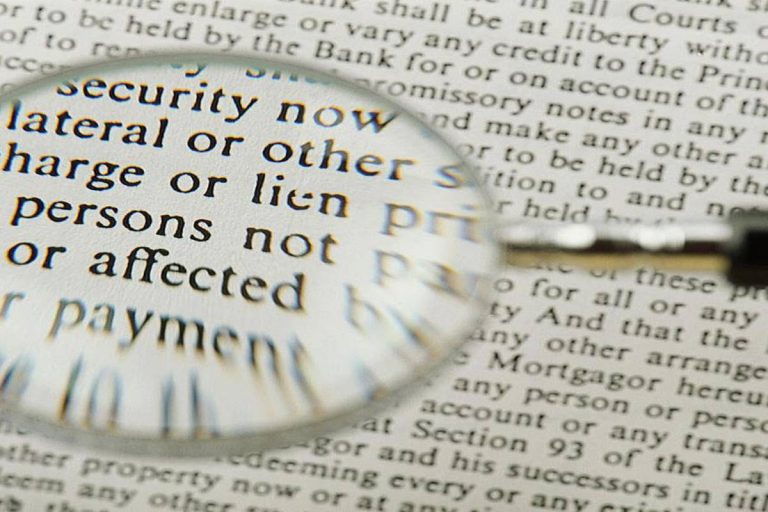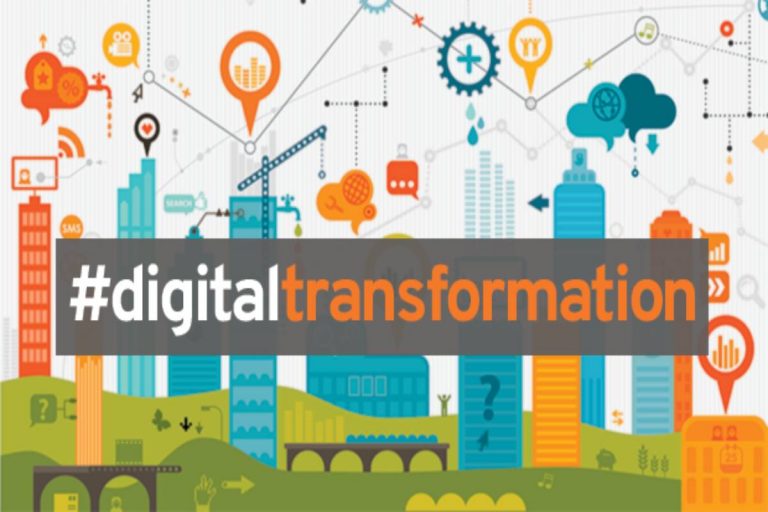Table of Contents
Definition of Study Techniques
Study techniques are those tools that a student can use to facilitate learning in understanding a text.
It is possible to synthesize the subject’s information to cover it extra effectively at the intellectual level through the different study techniques. It’s enhancing the memorization of data and reasoning.
And different study techniques the student can use according to their expectations and what is most effective.
And each student is unique and unrepeatable. These practices are the means to an end, pedagogical tools that facilitate positive learning.
Underline
- The underlining technique highlights the text’s central ideas that take the special meaning in the striking visual color. The underlining implies the differentiation of the main ideas and the secondary ideas that are in the book.
- Its study technique must apply after taking made the leisurely reading of the subject that serves as the basis for establishing a first idea of the question.
- In the second rereading, it is positive to underline the text. The underlining is effective when the precious parts are selected. In this way, it is possible to review a book reading only those parts highlighted.
The Scheme
- Another study technique that relies on the information selected from underlining is the outline. And outline gathers in an abbreviated form in a schematic structure the main concepts of a text.
- And diagram must not be longer than one page, and one of the keys to this study technique is the synthesis that it offers by showing the content of the study subject conceptually through the key terms of the item.
Taking Notes
- Another very effective study technique in college is note-taking and making notes in the notebook from this perspective.
- And students must study a subject from their records rather than from files that another classmate has made. It is easier to learn from the annotations made by oneself that show a good time in class.
Importance of Education Progress
- People throughout our lives exposures to the learning process, of course. And always about the need to continue acquiring knowledge to perform according to the activity carried out. It must take note that students must undergo an evaluation process by the teacher at formal education.
- Who must test the students’ knowledge he lectures to determine if they are fit or not to pass the subject in question. The exams can be oral or written or a combination of both.
- After completing the exam, the teacher will decide whether to pass and not. If the student fails, they must undergo an evaluation if they want to promote the related subject.
- The study is essential for the development of people. For example, it must start from childhood to prepare and develop the children’s skills, which, later, will favor a better integration and achievement of opportunities.
- For many, studying is not an activity that causes pleasure, but rather the opposite. However, we still need children that, regardless of whether it’s enjoyable or not fun, are the fundamental part of life and the door to Progress.
- At this point, the teacher’s role is significant because he must find through resources and strategies his students’ interest in the subject he teaches.
- We tend to associate learning and also the notions of teacher and student to school exclusively. It’s not necessarily only in school that human beings learn because we receive only part of life’s teachings.
- And take to do with subjects and science especially. In contrast, the rest of the questions we learn in our lives occur in other contexts and settings.
Also Read: A Look at Potential Non-Financial Uses for Blockchain Technology










